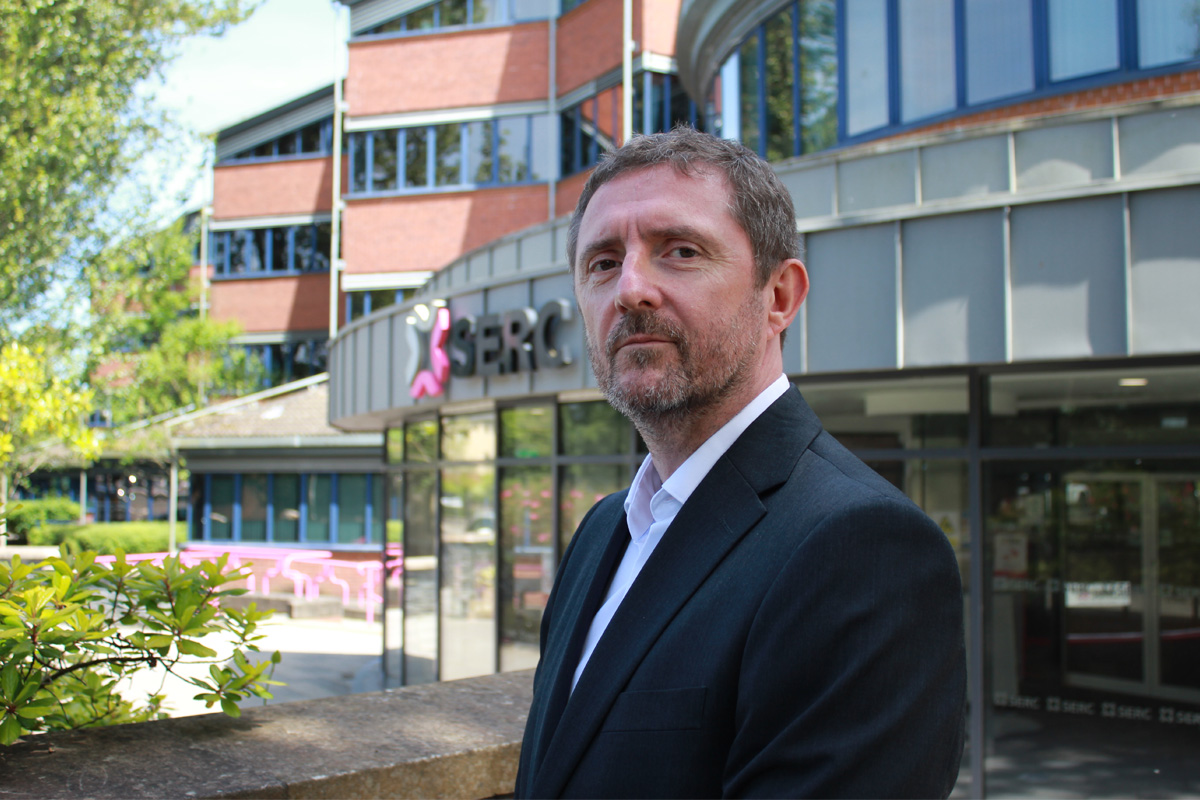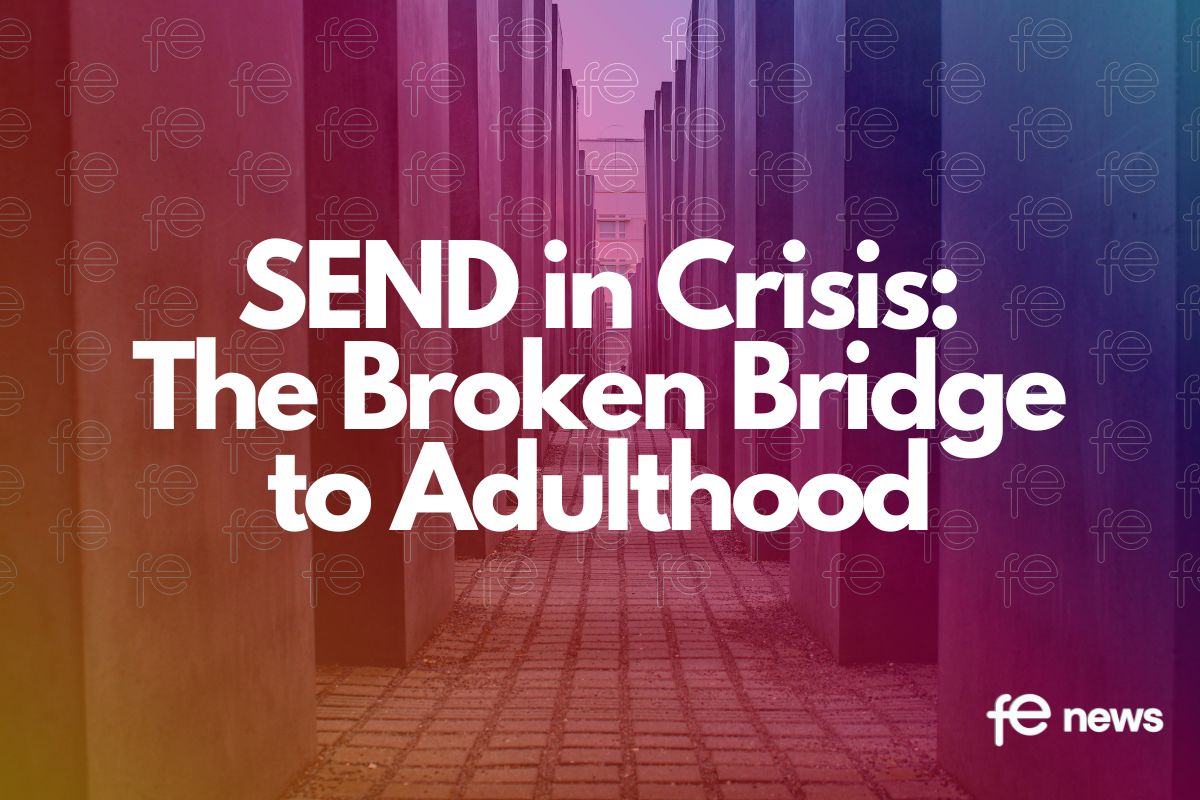FE Mental Health Programmes: Proactive vs. Reactive Approaches

As we look at the state of further education (FE) today, it has never been more important for institutions to be aware of the need for and the impact of mental health programmes. Mental health issues can impact every element of an organisation, whether it is the students, the lecturers, the administrative staff, or the senior management.
A study conducted by the Association of Colleges found that 88% of respondents reported poor mental health as the key reason for low student attendance. This highlights the scale of the issue – just one in ten colleges in the UK believe that mental health isn’t impacting student attendance.
At the same time, we are seeing a crisis in the mental health of FE staff. One report on staff wellbeing at UK universities found that over half of the staff surveyed showed signs of depression. It seems that across the board, FE institutions have much to do to improve the mental health and wellbeing of everyone involved.
Whether the problems come down to issues around financial stress, the pressures of exams, or simply finding a balance between studying, working, and home life, FE institutions need to put programmes in place to combat the problems and minimise issues.
This article will examine some of the most important mental health initiatives that FE providers can utilise. Specifically, we’ll look at the prism of the two major types of approach: proactive and reactive.
Proactive vs. reactive approaches
Considering the mental health programmes that FE institutions can utilise, they can be broadly broken down into two categories: proactive approaches and reactive approaches. Establishing which type of approach is more important is a regular topic of debate.
On a basic level, proactive approaches are designed to prevent the root causes of mental health issues, dealing with the problem before it can evolve into something that causes serious harm – and these types of programmes might include peer mentoring schemes to bring students together.
Whereas, reactive approaches are implemented when a student or member of staff needs support for an ongoing issue, and this might include things like rehab for depression via the use of biomedical therapy. They directly address a problem that someone is having.
Many health professionals have stressed the importance of a proactive approach – when you focus on awareness and education surrounding issues, it can make everyone more informed about warning signs and provide them with some essential tools that could help them address the problem early.
On the other hand, it is when people face mental health crises that they are most in need of support. Having mental programmes in place that provide care at crucial moments can make a real difference and would be extremely visible if they were missed.
Ultimately, it has to be acknowledged that having a mix of proactive and reactive programmes is the only way to move forward with a comprehensive FE mental health programme.
Important proactive mental health programmes
There are a range of different proactive mental health programmes that can be beneficial to both students and staff in FE. These approaches include:
- Mental health awareness workshops – these can bring individuals from across the institution together to raise awareness and understanding around how mental health issues can manifest, and how they can commonly cause issues for those in and around education.
- Peer mentoring schemes – mentoring can be a fantastic resource, not only in terms of helping individuals grow and mature but also in terms of looking after their mental health. Having a trusted confidant available to speak to whenever you need them can help you overcome problems and stop them from growing into something bigger.
- Staff training programmes – FE staff remain the most important tool in helping both students and other staff members recognise and deal with mental health issues. Providing staff with training on how to identify when someone else is facing mental health problems can make a world of difference.
- Creating well–being spaces – sometimes all you really need to overcome a niggling mental health problem is a little time and space. Having designated quiet areas or rooms with self-help resources available is a vital tool in protecting staff and students.
Important reactive mental health programmes
It is also crucial for reactive mental health programmes to be ready and available to help those who are suffering. Being able to take strong, decisive action and make an effort to help someone will ultimately be how any institution is judged on an individual suffering from mental health issues.
- On-campus counselling services – having trained professionals on hand who are able to speak with those facing challenges and help them is clearly a highly valuable tool. Having these services on campus and readily available to students or staff.
- 24/7 crisis helpline – mental health challenges can strike at any time but perhaps most pertinently, they can become overwhelming at any time. Having a crisis helpline that is available throughout the day can mean that individuals can get support exactly when they need it.
- Individual support plans (ISPs) – it is important that anyone who is struggling with their mental health gets personalised support. ISPs can help to ensure that staff and students are provided with anything that can genuinely help them.
- Rehabilitation programmes – severe cases can call for in-depth programmes of support, and it is important to recognise that anyone could end up needing this kind of help.
In summary
Mental health programmes in FE need to have a mixture of both proactive and reactive approaches if they want to provide comprehensive support. While proactive programmes lay the foundation to minimise issues and cut them off where possible, it is reactive programmes that provide crucial support at critical moments.
By Gemma Williams, HR Consultant











Responses